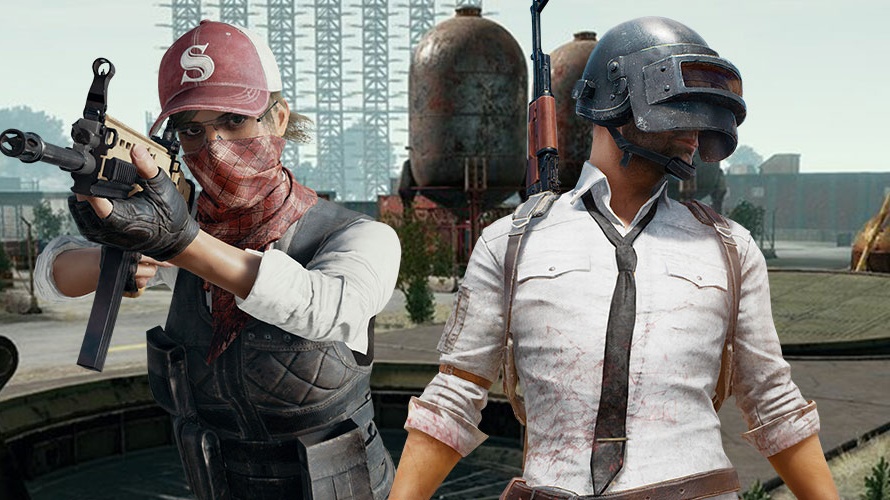PUBG has banned 25,000 cheaters in the past 3 months
PlayerUnknown says his studio "works daily with BattlEye to add new protections and detections."

Snuck into today's PUBG patch notes was a short update on Bluehole's progress against the cheaters that've made residence in the popular battle royale-style shooter.
"We have also been working hard to tackle down cheating players. This is an ongoing battle, but one we are committed to fighting," wrote PlayerUnknown. "We have banned 25,000+ users in the last 3 months, and work daily with BattlEye to add new protections and detections for cheats appearing on the market."
25,000 is a little more than 0.6% of the 4 million copies of PUBG sold. Of those sales, SteamSpy seems to think that PUBG has about 2.8 million active players right now. Anecdotally, PUBG doesn't have a massive problem with hackers, but in a game with such a large number of players per match, one hacker can negatively impact a lot of people.
Above: an apparent instance of cheating, recorded in April.
However, the number of players banned is dwarfed by other major competitive games. In February of this month, Blizzard banned almost 23,000 Overwatch players for cheating in Korea alone. In another spike, Valve banned 11,000 Dota 2 and CS:GO cheaters in a single day last September. Monitoring website vac-ban.com indicates that a few hundred Steam accounts receive VAC bans on an average day, with spikes and dips in between.
Battlegrounds uses BattlEye, the same anti-cheat technology as H1Z1: King of the Kill, DayZ, Arma 3, Rainbow Six Siege, and ARK: Survival Evolved. BattlEye began as an anti-cheat solution for Battlefield Vietnam in 2004.
In 2015, Bohemia Interactive's Eugen Harton gave a GDC talk about the studio's approach to keeping pace with cheaters as its survival game surged in popularity.
Keep up to date with the most important stories and the best deals, as picked by the PC Gamer team.
For more on this subject, read our investigations into cheating as a business, and why cheating is so difficult to eliminate completely in multiplayer games.

Evan's a hardcore FPS enthusiast who joined PC Gamer in 2008. After an era spent publishing reviews, news, and cover features, he now oversees editorial operations for PC Gamer worldwide, including setting policy, training, and editing stories written by the wider team. His most-played FPSes are CS:GO, Team Fortress 2, Team Fortress Classic, Rainbow Six Siege, and Arma 2. His first multiplayer FPS was Quake 2, played on serial LAN in his uncle's basement, the ideal conditions for instilling a lifelong fondness for fragging. Evan also leads production of the PC Gaming Show, the annual E3 showcase event dedicated to PC gaming.

